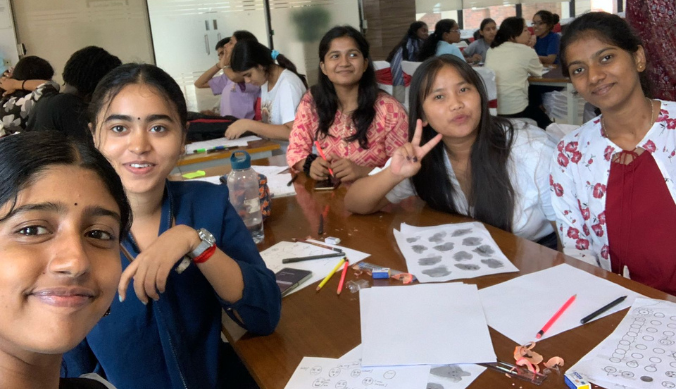Using Machine Learning methods to understand factors and processes which affect cancer progression in humans
Using machine learning-based approaches, this research aims to analyze the nature of these cells and the critical factors influencing cancer progression. Compared to conventional experimental methods, these computational approaches are faster, less resource-intensive, and cost-effective.
Bhavesh Neekhra is a Ph.D. scholar working under the supervision of Dr Debayan Gupta in the Department of Computer Science at Ashoka University. His research uses machine learning to study how Cancer Stem Cells (CSCs) affect cancer progression, treatment resistance, and recurrence, aiming to develop personalized treatment strategies.
The oldest known medical records, the Egyptian papyri (Hajdu, 2016), written around the Pyramid Age (ca. 2630 to 2500 BC), mention breast cancer. Under the section titled “Therapy”, it reads: “There is none.” (Mukherjee, 2011). Despite this long history, cancer continues to plague human society in its many avatars with one common fundamental feature: the abnormal growth of cells.
For clinicians treating cancer patients, several key considerations guide their choice of treatments: (1) the efficacy and side effects of the treatment, including the potential for resistance (2) the likelihood of cancer recurrence after successful treatment, and (3) the risk of cancer metastasis. The tumor microenvironment plays a crucial role in each of these factors, making it essential to understand the constituents of this microenvironment.
One of the objectives of Bhavesh’s research is to estimate the type and frequency of stem cells, tumor cells, and immune cells in a given tumor sample. Using machine learning-based approaches, this research aims to analyze the nature of these cells and the critical factors influencing cancer progression. Compared to conventional experimental methods, these computational approaches are faster, less resource-intensive, and cost-effective.
The experiments conducted have highlighted the role of immune cells, stem cells, and tumor cells in cancer progression, treatment resistance, and cancer relapse. The research focuses particularly on Cancer Stem Cells (CSCs) and their role in tumor development. By identifying and quantifying different types of CSCs in tumor samples, the research has produced results consistent with those obtained from lab-tested samples, validating the accuracy of these methods.
In conclusion, a better understanding of the role of Cancer Stem Cells (CSCs) in cancer progression, recurrence and treatment resistance can aid in developing effective personalized treatment strategies.
Edited by Yukti Arora and Kangna Verma (Academic Communications, RDO)
Study at Ashoka













